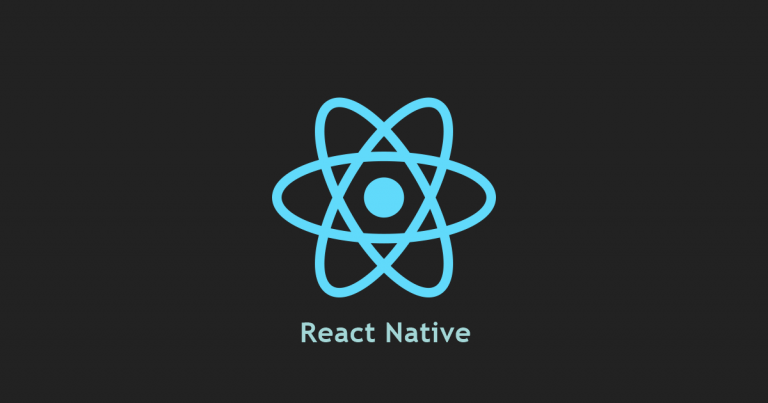React Native is a JavaScript framework used for cross-platform mobile app development. If you want to build your presence on both Android and iOS platform but doesn’t have the time or budget to develop apps for both the platforms separately, React Native is perfect for you.
Several popular apps like Instagram, Airbnb, Walmart, UberEats, Tesla, Skype, etc have already used this framework. React Native provides all the essential and advanced methods of hybrid mobile app development. Let’s have a look at five reasons why you should go with React Native for mobile app development.
Read: 5 Best Programming Languages for Developing Mobile Apps
Contents
Why React Native For Mobile App Development?
1. Single Code Base for Android and iOS
React Native allows you to write code once and run on both Android and iOS. The codebase will be same for both the platforms and thus you won’t have to handle and spend money on two development projects. A single developer or development team is enough to maintain the code efficiently.
As the React Native is open-source and highly promotes reusability, you can reuse the components anytime at any level without rewriting it and recompiling the app.
2. Reusability
Now, let’s talk about reusability. React Native brings blocks that are made up of reusable ‘native components’. Almost every component of Android and iOS have their equivalents in React Native. All these components compile directly to native apps and thus enable developers to maintain platform wise look and feel.
Earlier in hybrid apps, it wasn’t possible to get a component-specific structure. But with React Native, this structure allows developers to build apps using agile web-based methodologies.
On the other hand, React Native also allows developers to add Native components to their existing apps’ code. They won’t have to code from scratch to convert an existing mobile app to React Native app.
3. Performance
React Native shortens the development cycle, allows developing apps ultra fast and makes it possible to deliver the application in the fastest way. It uses the ReactJS UI library developed by Facebook for user interfaces. While native apps work on the central processing unit, React Native uses the graphics processing unit.
It comes with a unique feature called ‘live reload’ that allows viewing the latest code changes at once by splitting the screen into two parts. The first one shows the code and the second shows the result of the code in a mobile frame. Overall, with React Native, businesses can cut the development cost by almost 50% without compromising quality or productivity.
4. Better Focus on UI
React Native is completely UI-focused framework. The declarative API makes it quite easier to understand your requirements and predict the user interface. If you are unaware, the declarative style allows you to control flow and state in your application by saying “It should look like this.” You won’t have to worry about implementation details anymore. Check out this example for more.
It’s not easy to maintain an app with various states especially when it starts growing. You have to continuously monitor the changes and keep on modifying them from time to time. However, with React Native, you only have to focus on the current state of your UI.
5. Third Party Plugin Compatibility
Adding device hardware capabilities to an app is one of the most common requirement these days. Unlike WebView functions, React Native makes it possible to directly link the plugin with a native module via the framework. This lead to smoother running of app, faster loading, and less memory requirement.
Also Read: ReactJS vs AngularJS: Which JavaScript framework should we choose?
Final Words
I hope this article gave you a brief idea about React Native and also cleared your confusions. Initially, companies and developers were avoiding React Native due to poor community support but this isn’t an issue anymore. So, what do you think about React Native? Have you ever developed any mobile app using this framework? Tell us in the comments below.


